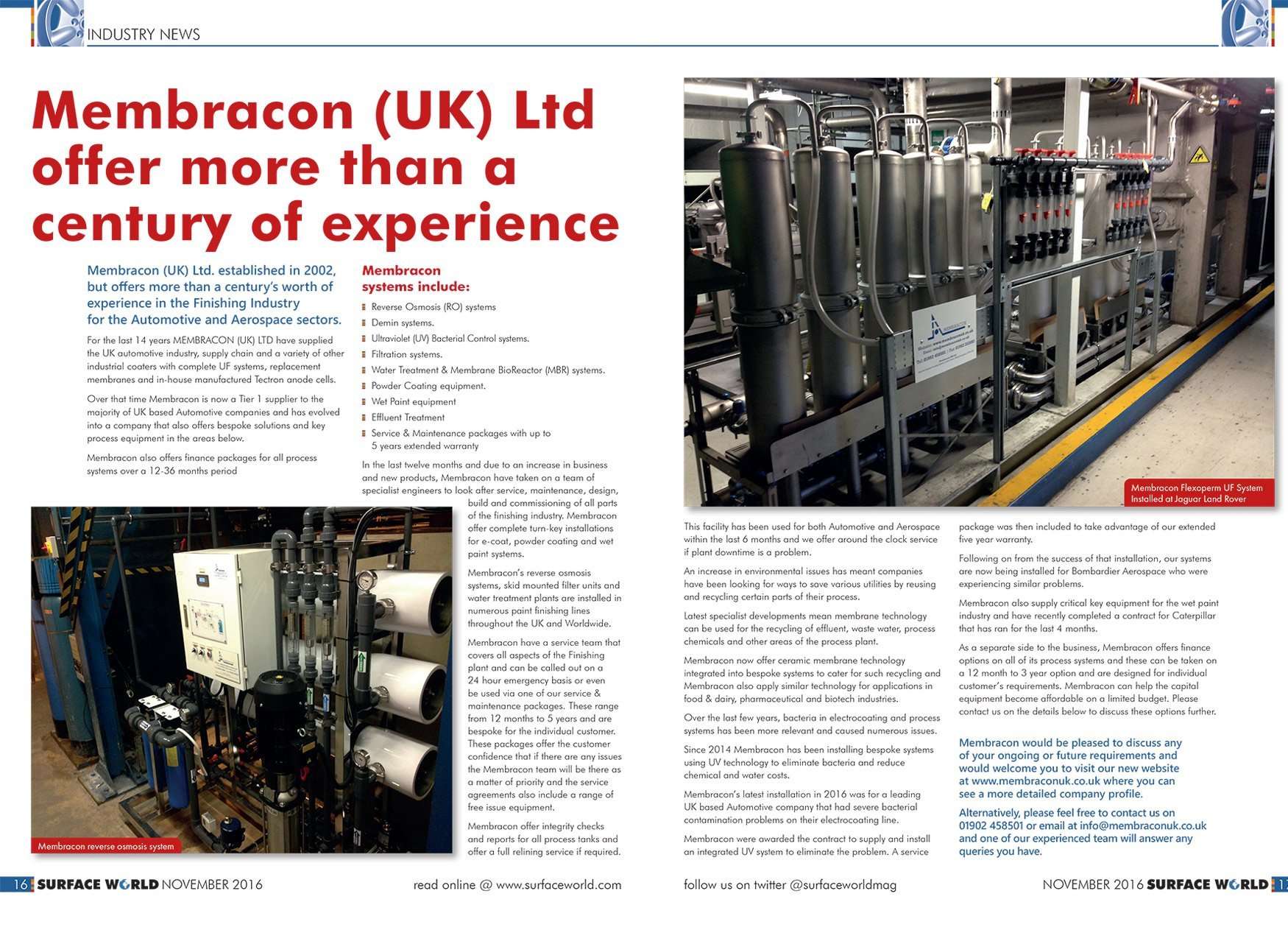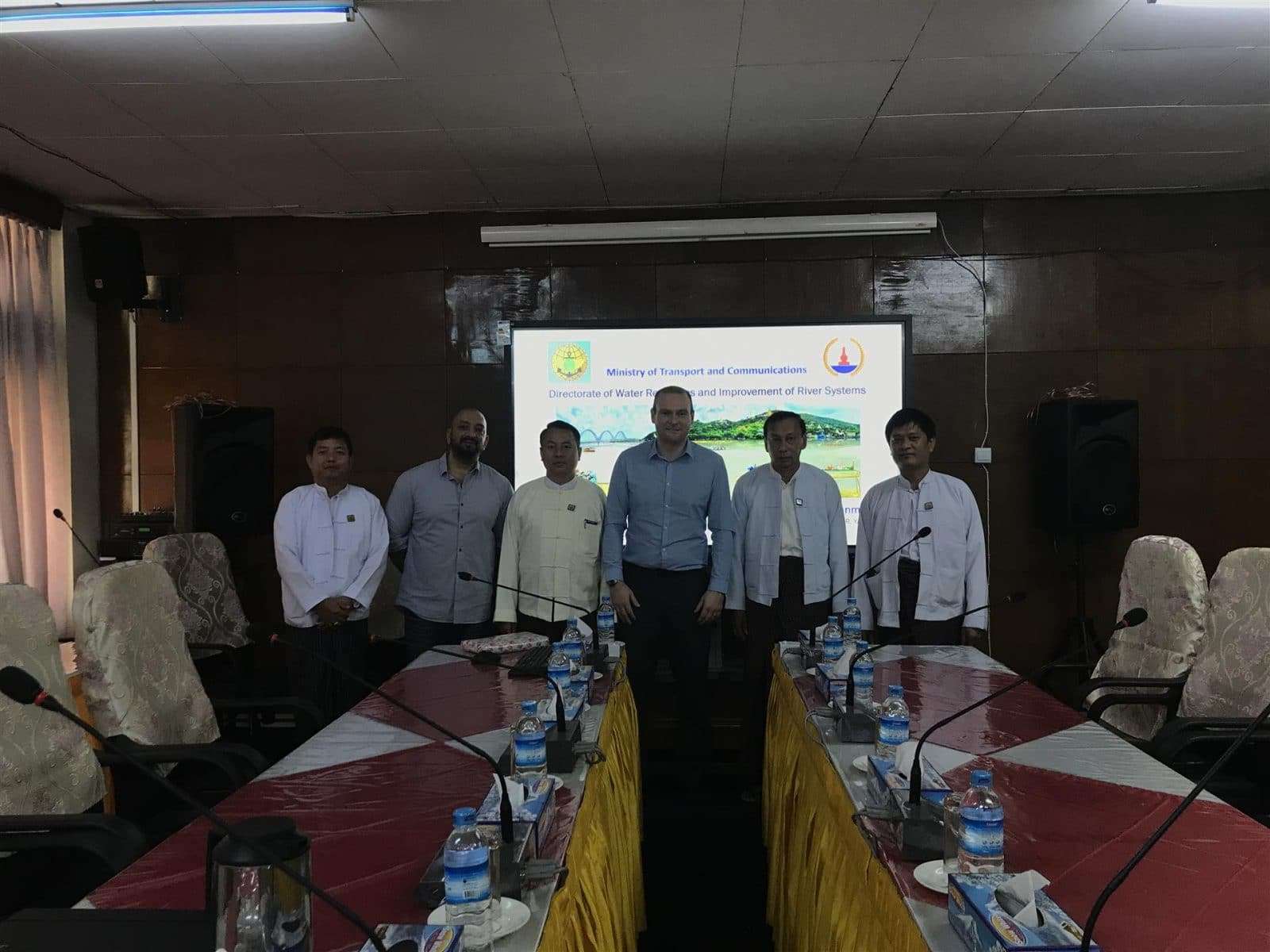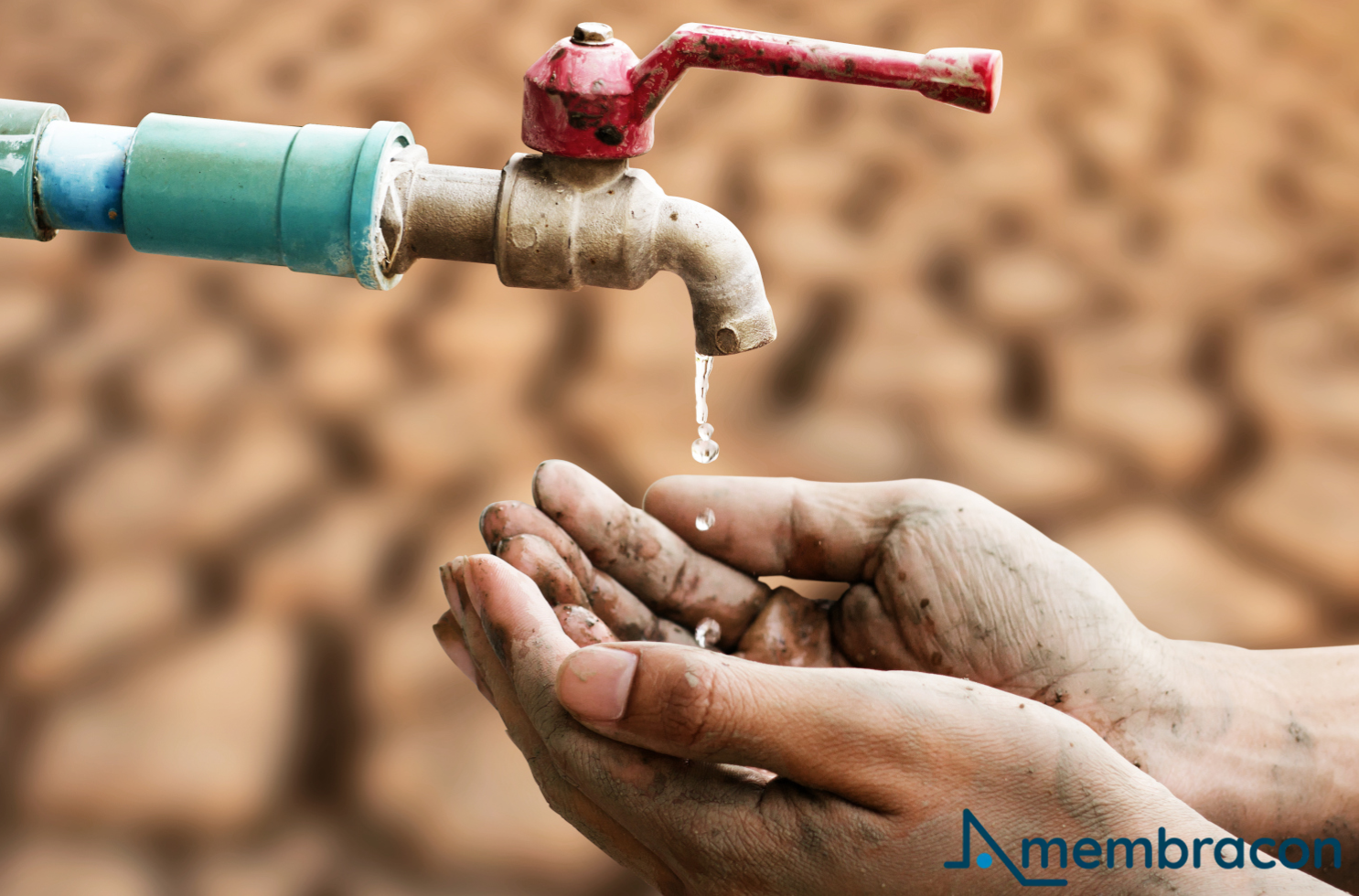
Fighting the water crisis with wastewater recycling
Whether it’s sewage, domestic greywater or industrial run-off, wastewater recycling can play a critical role in averting the water crisis.
Water scarcity is a significant climate change risk, but several other factors converge to make it a bigger problem than people realise.
Add localised population growth, increased urbanisation, and water mismanagement, and you have a recipe for overstretched water treatment facilities and insufficient clean water.
The water crisis – a global and local issue.
An estimated one million people die yearly from water-related diseases, with a lack of safe water supplies affecting the poorest countries the most. However, you don’t need to travel to other countries to see a water crisis.
Here in the UK, we are experiencing hotter summers and less predictable rainfall due to climate change. Additionally, water companies are discharging enormous amounts of raw sewage into rivers because of treatment capacity constraints. This has a detrimental effect on the environment, especially animal and aquatic life.
Although there is no single solution to the water crisis, investing in new, efficient technologies that let us recycle and reuse wastewater is the best way to keep contaminated water out of our rivers and make demand meet supply.
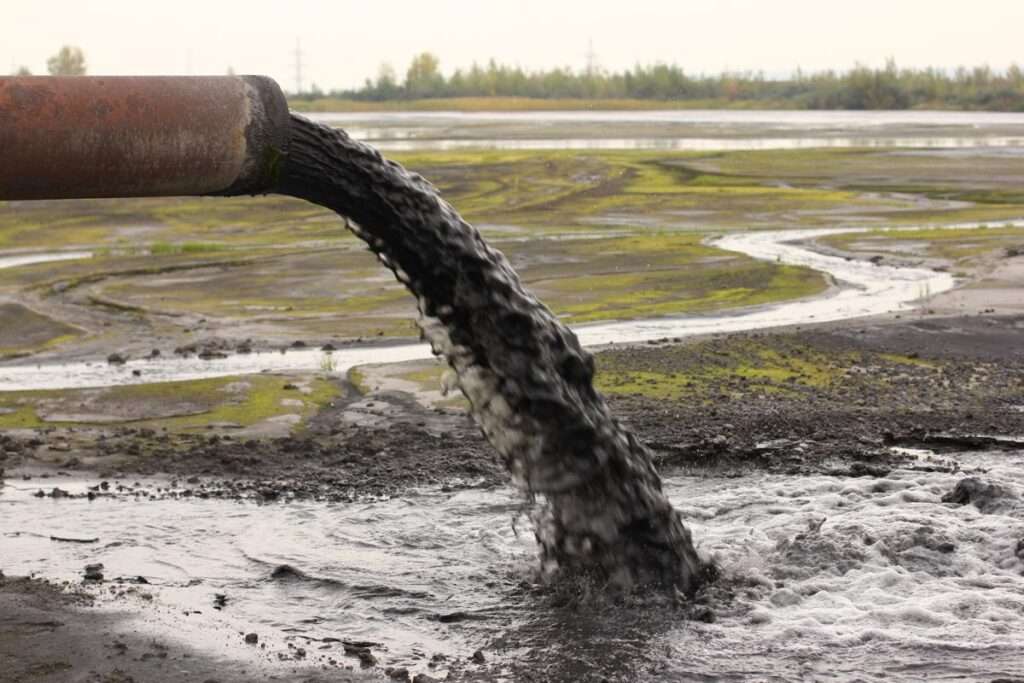
Wastewater recycling as a solution to the water crisis
Water recycling is net positive for the environment because it reduces dependency on freshwater resources and decreases the amount of wastewater discharged, helping keep rivers and oceans free from human and industrial waste.
However, depending on the country, only 2-10% of wastewater is recycled, so there is massive room for improvement in recycling rates.
You are probably familiar with sewage treatment plants, which take sewage and recover water, leaving behind sludge. Factories, manufacturers, and other industries can also recycle water onsite, reducing reliance on new water.
Water recycling reduces waste and provides a consistent supply of treated water. You can get treatment systems that return water to a higher purification than it was initially, so it is possible to create technical waters from waste.
One of the best solutions for compact and mid-sized sites is the Membrane Bioreactor (MBR). A Membrane Bioreactor is a biological wastewater treatment system with membrane filtration suitable for recycling heavily loaded water. We design systems that support a flow rate of up to 2,000m3/day.
Add UV disinfection as a final polishing stage, and trade wastewater and grey water are recyclable, creating a closed-loop water supply. Water high-loaded with oils, salts and other solids and minerals can be treated efficiently.
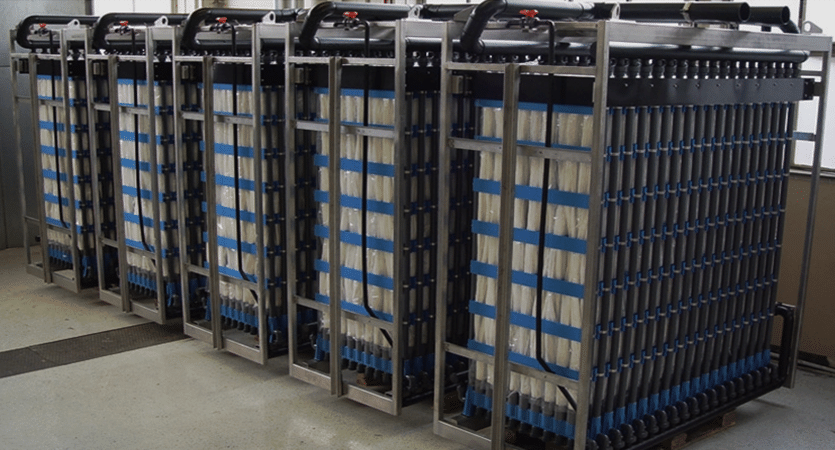
The biggest bottleneck to innovation is financing
Industries’ most significant challenge with water recycling is the high capital investment required to innovate. Water recycling technology is not cheap, and failing to size and specify the correct equipment can lead to expensive upkeep and poor efficiency.
Our Financial Flexibility Plans provide a solution, including lease purchase agreements and lease hires. You can opt to own the equipment at the end of your payment cycle or not – we will work with you to make innovation affordable.









